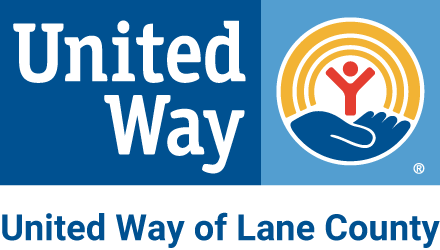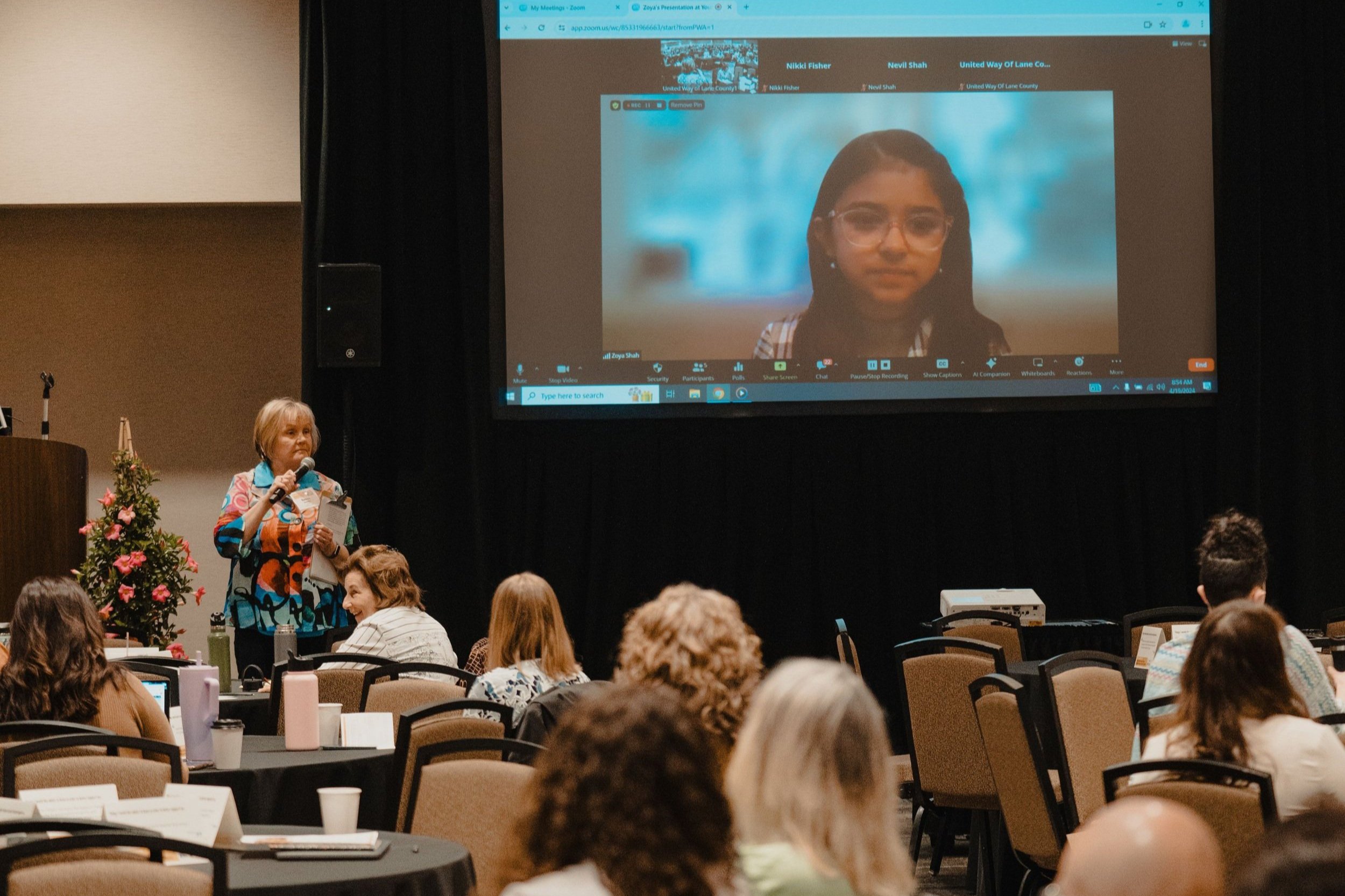United Way Convenes State-wide Conversation on Youth Mental Health
We know that strategizing together, across sectors, is essential to better understand and support youth in the many challenges they face growing up. Youth mental health is one of those challenges United Way and our partners have been trying to tackle.
“Sometimes there’s a lot of unexpected things that can happen, like family issues or, you know, drama in school... personally, I struggle, like, with my own family issues, and that makes it hard to be present at school.”

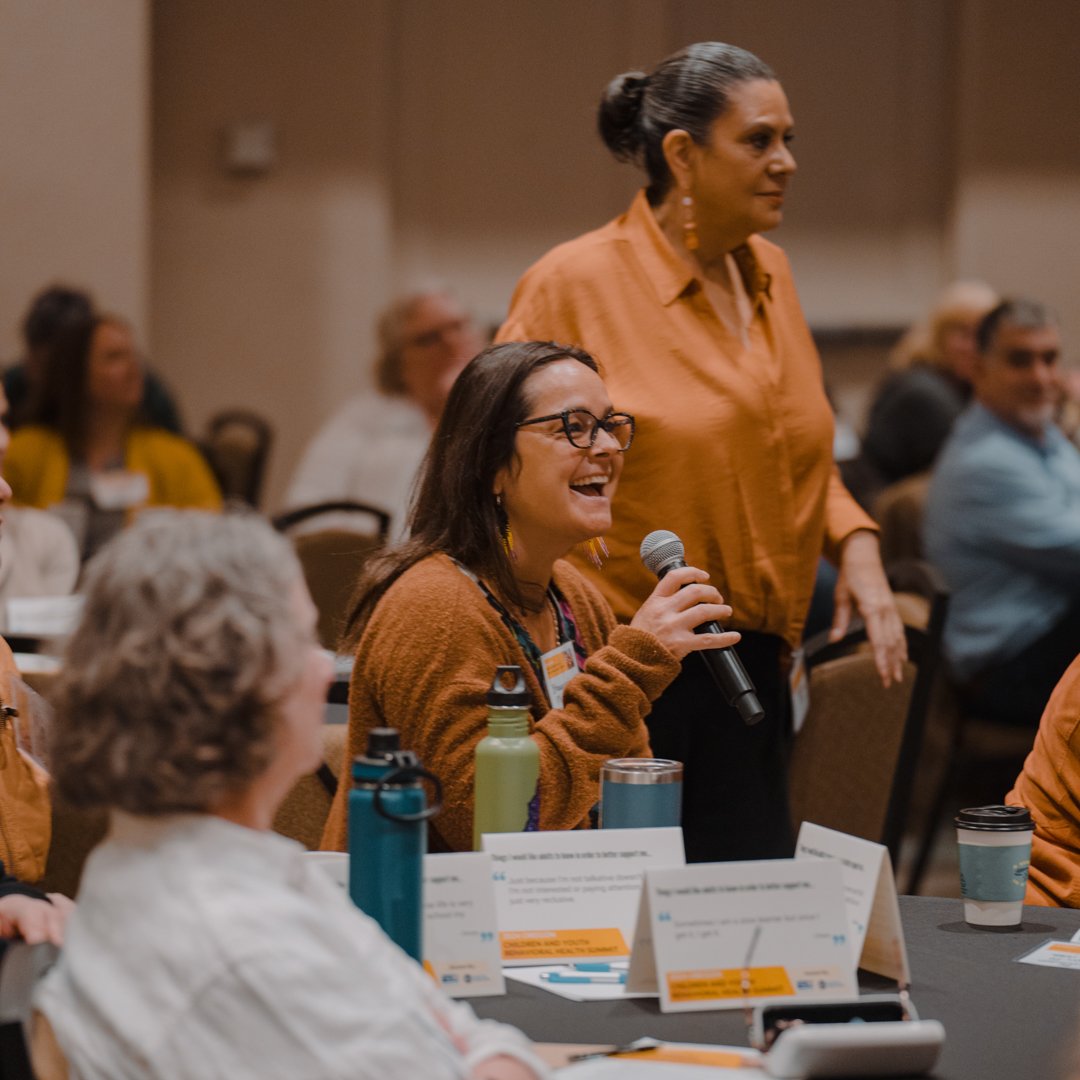

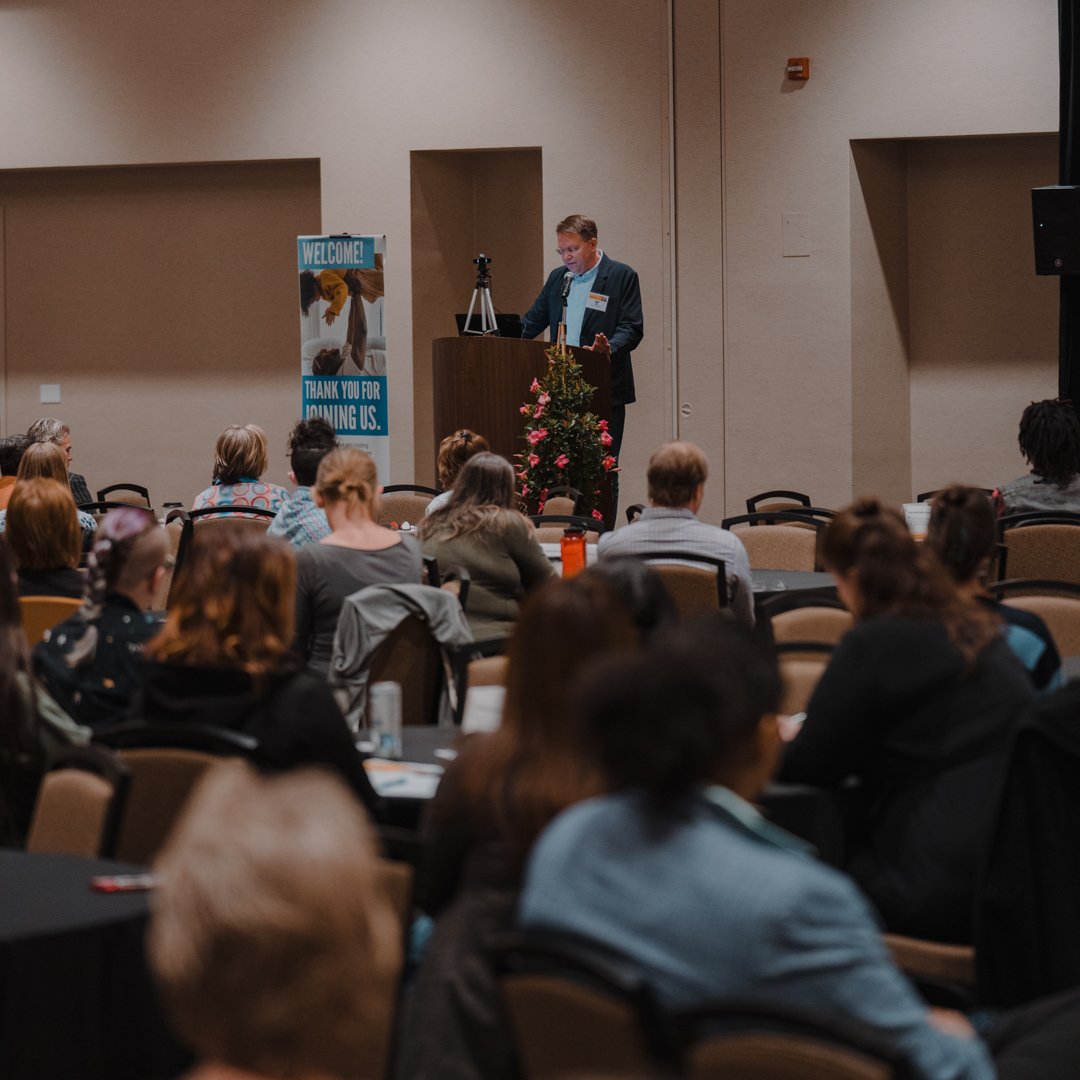

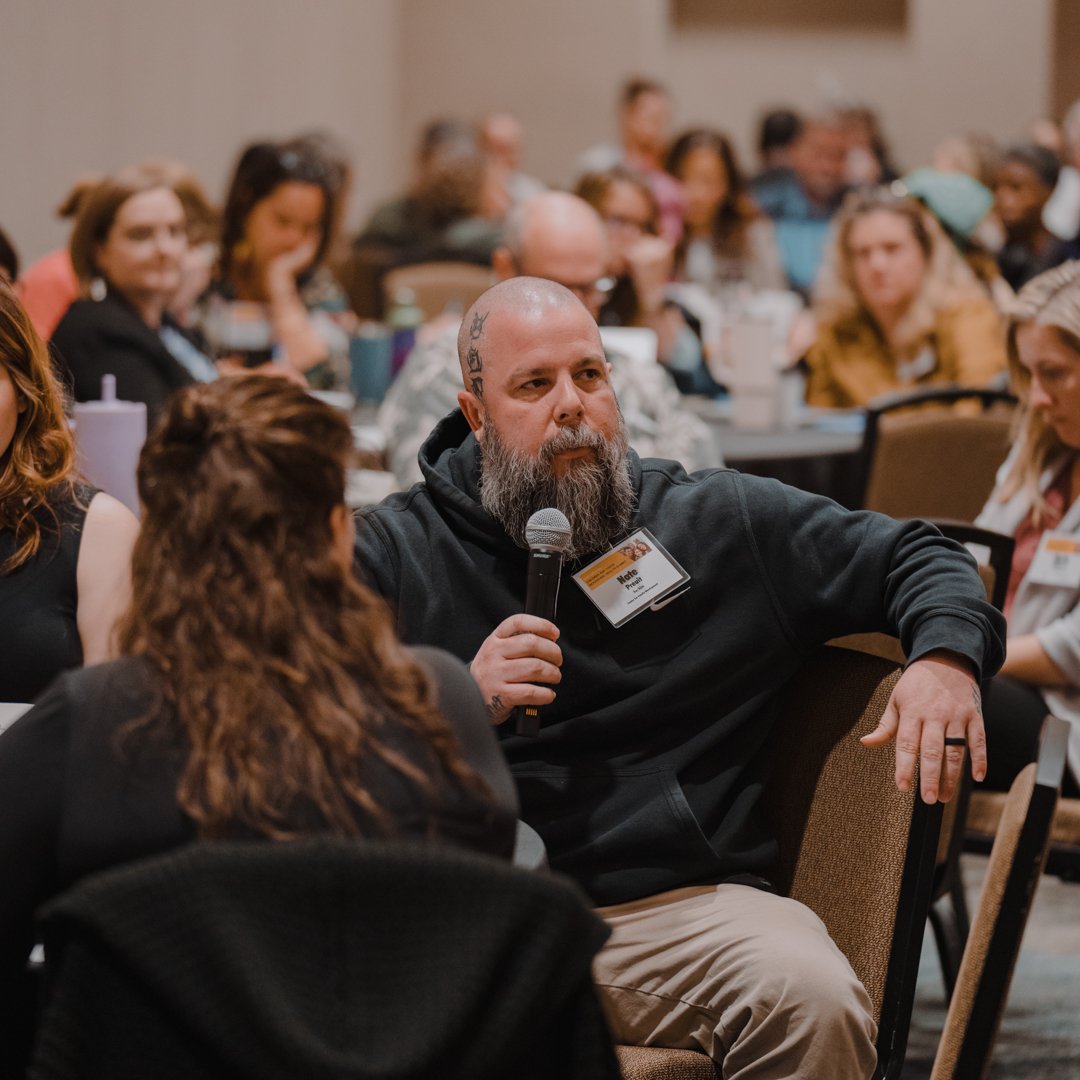


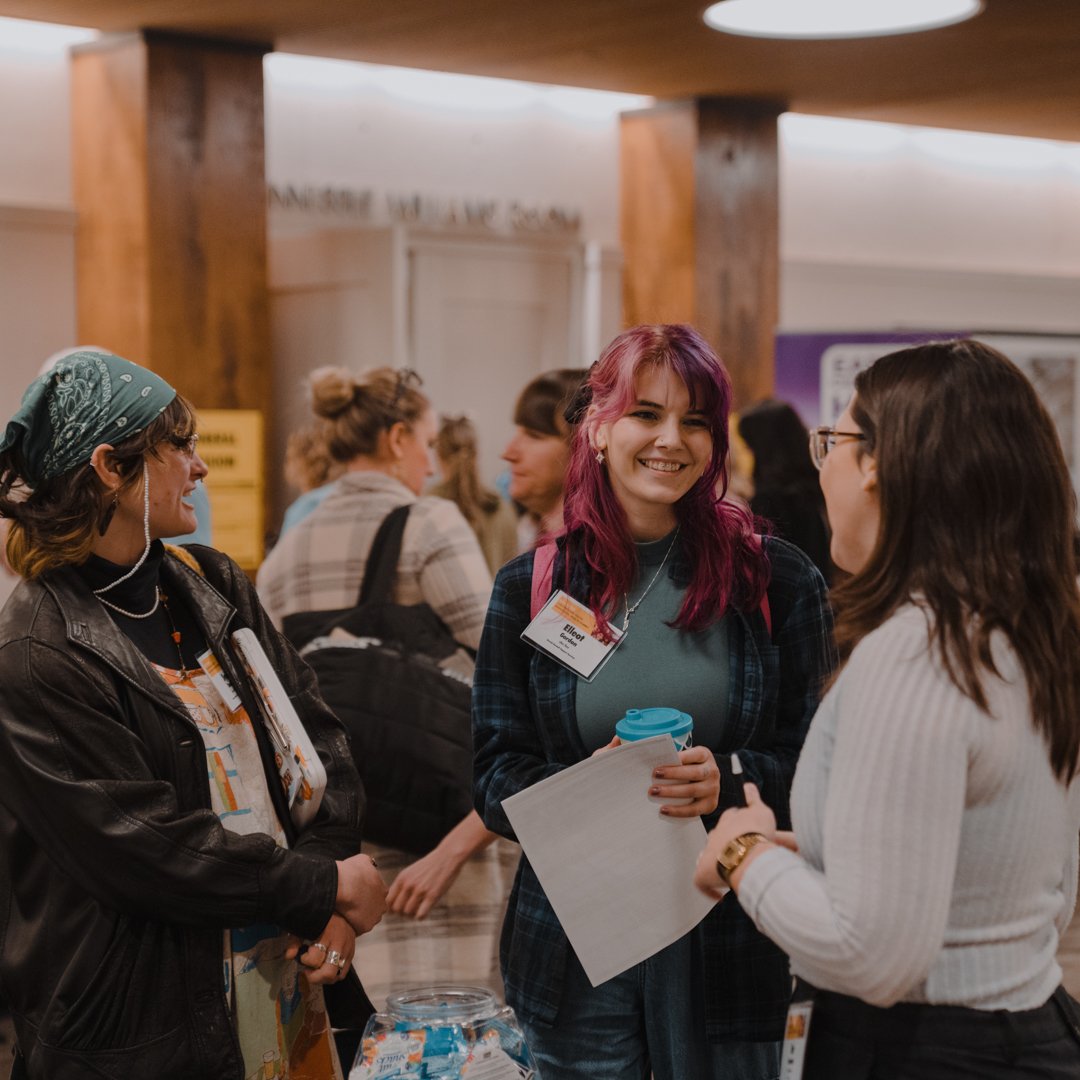
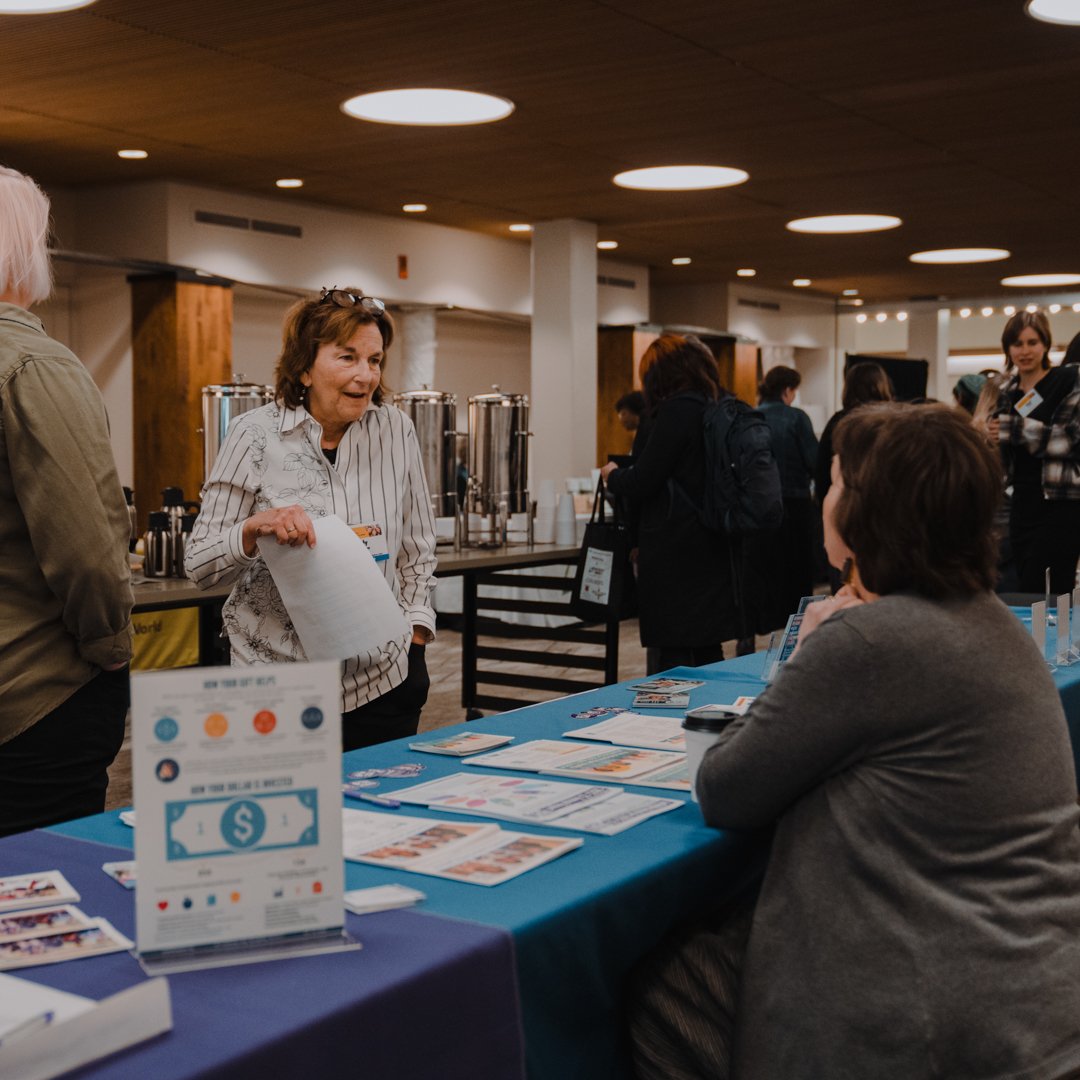
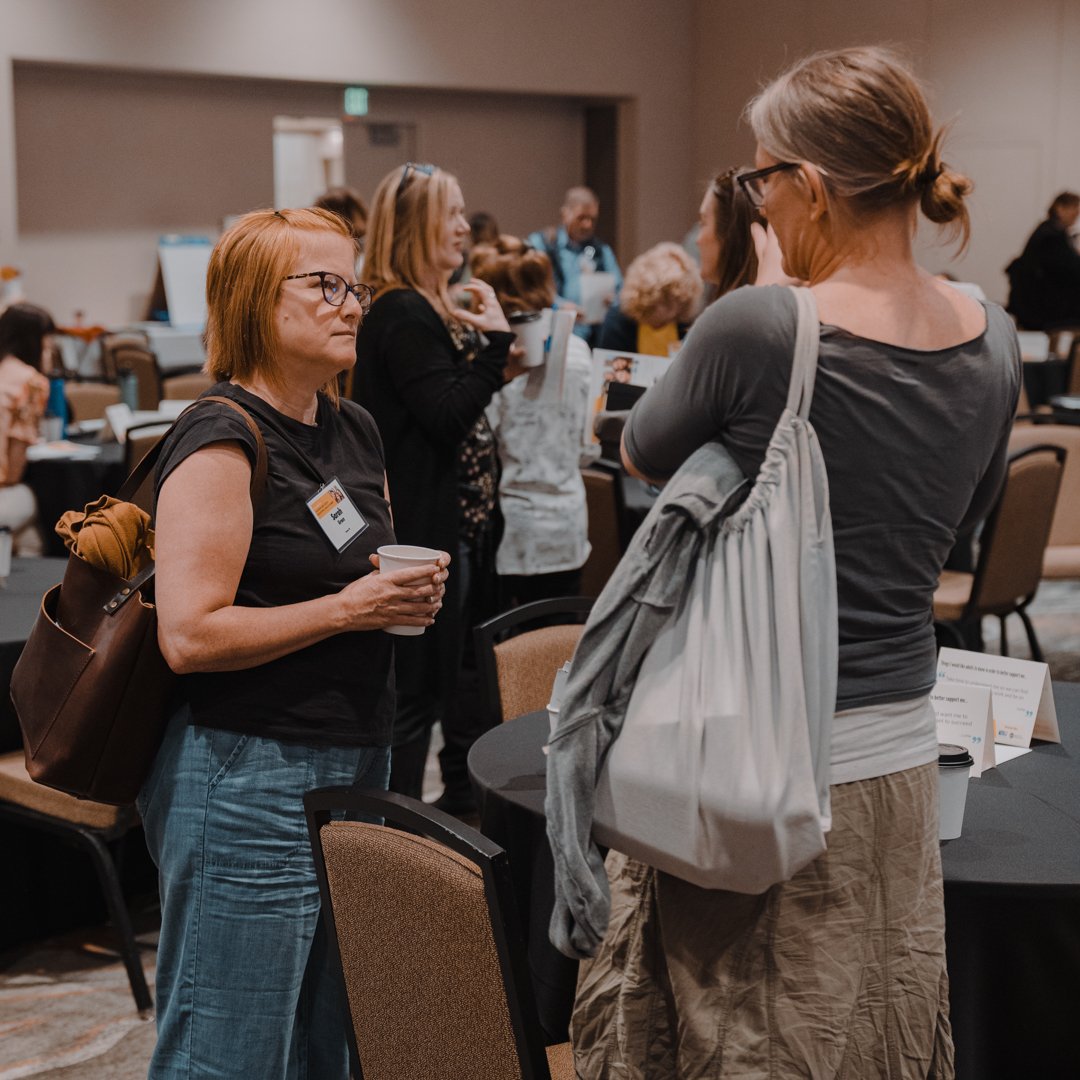


So last month, United Way and the Coalition of Oregon School Administrators (COSA) hosted the 2024 Oregon Youth and Child Behavioral Health Summit – the first in a series of statewide summits to strategize how to better support youth struggling with anxiety, depression, self-harm, substance abuse, and more.
Hundreds of providers from across the state attended, including early child care professionals, teachers and administrators, health care professionals, nonprofit providers, and state and elected officials. Many attendees shared concerns not only for the youth they work with, but the children and youth they interact with in their personal lives.
Read on to learn about the state of youth mental health, read reflections from youth on challenges and solutions to this crisis, and find key takeaways from the summit.
The State of Youth Mental Health
The challenges kids face related to behavioral and mental health aren’t new, and are well documented. According to the CDC, 42% of youth felt persistently sad or hopeless, and 22% seriously considered attempting suicide in 2021. In Lane County, nearly 75% of eleventh graders said they had felt anxious several days or more during the month before being surveyed (Oregon Student Health Survey, 2022).
“Youth health and well-being has long been a concern in our Lane County community, and the challenges have only been made worse by the pandemic. We’re eager to elevate these issues, strategize with colleagues from across the state, and find solutions to these challenges so youth have the best opportunity to thrive.” - Noreen J. Dunnells, President and CEO, United Way of Lane County
Youth Voices on Mental Health
One of the summit keynote speakers was Zoya Shah, a fifth grader from Beaverton, Oregon. She was elected as this year’s Oregon Kid Governor by peers across the state on a platform of creating mental health awareness for kids. Zoya joined us remotely during the opening keynote to share her experiences and answer questions from the audience on how to support youth mental health.
“Having been through [anxiety] myself, I realized the importance of good mental health. I realized that there may be kids like me, who could also probably be going through the same thing, and feeling so helpless not knowing what it is.”
Zoya Shah, Oregon’s Kid Governor, joined the Summit via Zoom to deliver a keynote speech and answer audience questions.
Youth voices like Zoya’s were central to the Summit. Middle school, high school, and college students from Mapleton, McKenzie, and Eugene shared their experiences via video at the summit.
“I have a bit of struggle around those awkward or taboo such conversations like, ‘Oh, I actually go by this name and these pronouns.’ It can be a little bit awkward. Or it can just be a simple struggle like, ‘Oh my gosh, I have so much homework due tomorrow,’ or ‘I have a test tomorrow.’” – Clue, Bethel Student
“You have school work, and then you got grades to keep up, but you also got the home, the chores. If you have siblings, you babysit them, if you have pets to take care of them. And then it's also like, ‘Oh, what am I gonna do when I get older?’ I don't know.” – Peyton, Mapleton student
“The first step would be to talk about it. And I don't mean in a performative way, like we've seen a lot in our schools. A lot of times mental health is boiled down to an advisory lesson or a couple slideshows, and then we move on with our day. What I mean when I say, “talk about it”, is doing it in a much more authentic way, and really trying to deeply understand the root of why so many youths are struggling with their mental health." – Samara, Eugene student
“I don't always know who to go to when it comes to talking. So just that right there would be a major help.” – Clue, Bethel student
“Some schools definitely don't, you know, really bring it up. They kind of think, ‘out of sight, out of mind.’ And I think that if less people had that mentality, then more people would feel safe and have better mental health." - Natalee, Mapleton student
You can watch the full video here.
High school and Lane Community College students attended the summit, as well.
“My takeaway from the summit overall was that there are a lot of people who care about suicidality, bullying, anxiety, and depression and want to push to help students impacted by these issues.”
Key Takeaways from the Summit
Several local organizations tabled during the Summit, allowing attendees to network and learn what solutions already exist to support youth mental and behavioral health.
While it’s challenging to synthesis all the learnings from this summit, here are a few key takeaways:
Social media use may have less negative impact on youth than we think. According to a 2023 UK study of 12,000 adolescents, social media use was one of the least influential factors in mental health outcomes, with factors like bullying, lack of family support, and school work dissatisfaction being more strongly indicative of poor mental health (Panayiotou et al., Nat. Mental Health 1, 316-326 (2023)). Social media is here to stay, and there are many ways it can actually have positive impacts on youth, especially when it comes to self-expression, emotional support, community building, and self-identity.
Students will benefit from better service integration at schools: it’s essential to better integrate behavioral health supports in educational settings. Deeper collaboration between schools and community partners can create more seamless access for students to mental health services.
Schools can more easily fund mental health services for students: recent School-based Medicaid waivers have opened up opportunities for schools to bill for social work and mental health interventions, providing additional ways to fund these needed services.
New career pathways will help expand the limited behavioral health workforce: There are several new pathways for training and credentialing to expand the behavioral health workforce. This includes certification programs for traditional health workers available through CCOs and CTEs; a new Bachelor’s Degree for behavioral health providers at UO’s Balmer Institute; and county Public Health Departments that are helping workers become QMHPs and QMHAs.
Most importantly, youth must be part of creating solutions. Children and youth have invaluable insight and ideas; their voices are essential as we work to find solutions to the challenges they face.
Looking Ahead
The 2024 Children & Youth Behavioral Health Summit is just the first of many collaborative opportunities to come, and just one piece of United Way’s larger vision for helping children in Lane County thrive. Your support of United Way makes these efforts possible.
